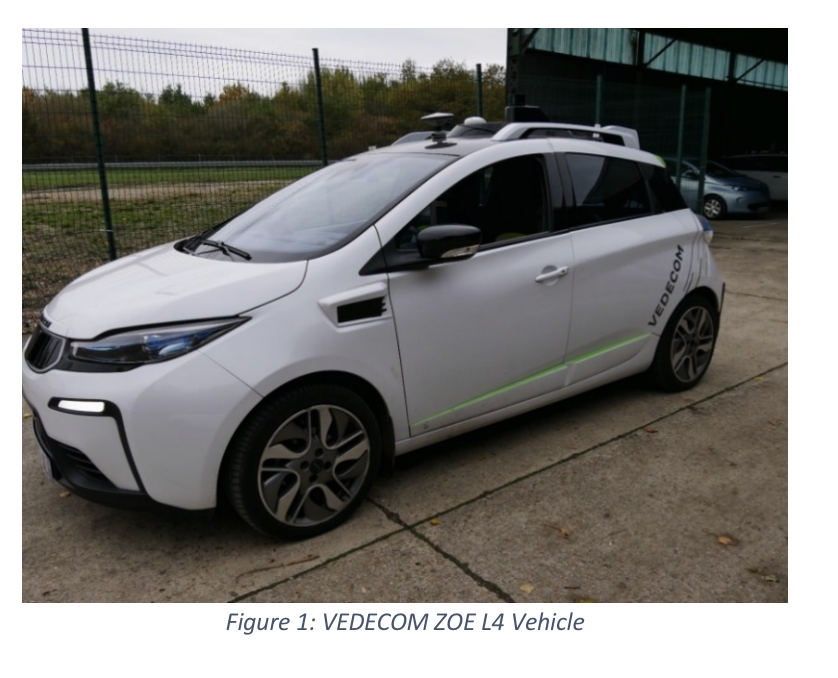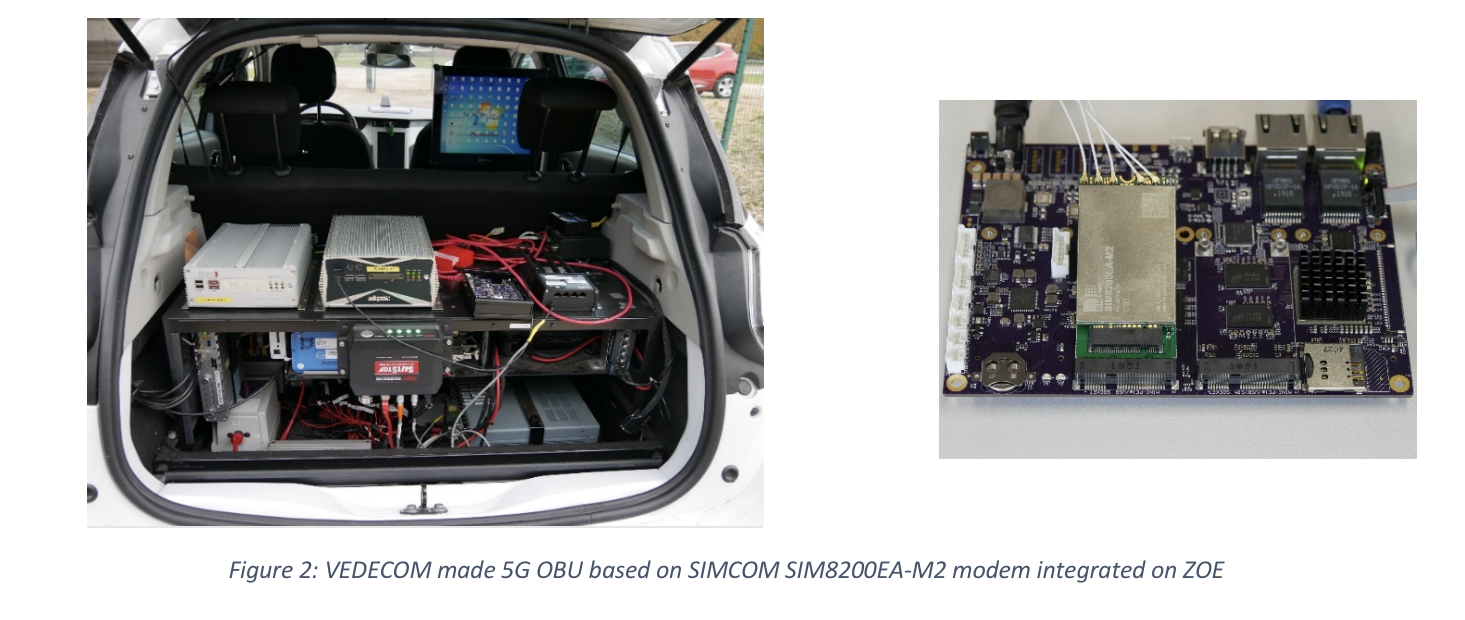-
Categories
The 5G TALKS - Episode 8: Meet the French trial site
The Institute for Energy Transition VEDECOM is a 5G-MOBIX member dedicated to individual, carbon-free and sustainable mobility. As a public-private partnership-based foundation, VEDECOM is based on an unprecedented collaboration between aerospace and industry sectors, infrastructure and services operators in the mobility eco-system, academic research institutions and local authorities. The Institute leads the 5G-MOBIX French trial site and works closely with different technical background partners such as AKKA, CATAPULT, Orange, Bouygues and Vinci Autoroutes, to carry out an advanced CCAM use case called “infrastructure assisted advanced driving”.
Why has VEDECOM joined the 5G-MOBIX project and what are VEDECOM’s expected exploitation?
The 5G-MOBIX objectives of developing and testing automated vehicle functionalities using 5G core technological innovations along cross border corridor fit perfectly with VEDECOM’s ambition to federate all the stakeholders that back our Institute and to quickly find solutions to tomorrow’s mobility problems. Indeed, VEDECOM has joined the 5G-MOBIX project to offer its experiences on testing automated driving using VEDECOM’s level-4 connected and automated vehicles. Besides being the key actor of the French trial site, the VEDECOM institute is in charge of the overall coordination of the project’s trial activities. On the other hand, 5G-MOBIX offers VEDECOM the opportunity to build a solid experience on development and testing of the 5G technology. VEDECOM’s expected exploitation perspectives include upgrading its automated vehicles with 5G capabilities, developing HW and SW tools for C-V2X/5G dual-stack communications and KPI processing at vehicle on-board units and MEC/Cloud entities.
Tell us about the in 5G-MOBIX French trial site
The French trial site is composed of two closed testing sites, called Satory and TEQMO centre. They offer more than 12 Km of different types of roads (highway, urban, rural, parking and braking circuits) and associated facilities. In the French trial site, we are providing different 5G NSA networks: a commercial one (Bouygues) and two experimental networks (Orange and TDF), which make the French site capable of reproducing cross-border situations and closely studying service continuity issues for connected and automated mobility. Besides the 5G networks, VEDECOM is providing a 5G connected and autonomous vehicle , called “ZOE”, which is capable of advanced automated driving manoeuvres.
The French pilot site is deploying two use cases which are going to be performed with prototypes of L3 L4 automated vehicles. What is the status?
VEDECOM is carrying out one first advanced autonomous driving use case called “infrastructure assisted advanced driving “. To this end, a ready L4 automated vehicle, called ZOE, is equipped with a 5G OBU and will be used to investigate the performances of the use case.

Our ZOE vehicle is equipped with a 5G Onboard Unit (OBU) based on SIMCOM modem SIM8200EA-M2. This OBU is developed and customised by VEDECOM. The SIMCOM modem supports both Non-Standalone (NSA) and Standalone (SA) modes. Moreover, the French trial site is testing a second type of 5G-OBU acquired from VALEO. These devices are based on QUALCOMM’s chipset, and they will increase our testing capacity during the trialling phase. In addition, the AV has a satellite terminal that will enable the use of non-terrestrial communication in case any 5G or 4G network is present. The ZOE L4 car is also equipped with an intelligent router, called Pepwave device, enabling the autonomous vehicle to carry out a seamless handover between one 5G network to another and to support link aggregation at the end point of the network (i.e., traffic centre). Predictive QoS control solution will also be applied to help vehicles using the most optimal network for transmitting its real-time data and V2X messages.

What are your next steps in the project?
Currently, we have already completed our development and integration activities on the vehicle and infrastructure side. The 5G networks at TEQMO centre (Bouygues and Orange) are operational. All the authorisation and permissions required for the trialling are secured.
We have run our first pre-trialling tests on the Satory site since February 2021. The main goal was to verify that all the components were ready and to fix, if needed, the errors that may occur. The pre-trialling focused on testing the full communication flow chain of the use case: from the L4 automated vehicle to the 5G network, while going through the MEC platform. This testing session was also dedicated to test the KPI manager which will be responsible to calculate and manage relevant KPIs for performance evaluation during tests.
Our next steps are to keep running trials along 2021, but with our 5G networks. The future work focusses also on the transfer, integration and evaluation of our multi-PLMN seamless handover solution in the Spanish-Portuguese cross-border corridor as well as our 5G connected vehicle to test interoperability with “local vehicles”.